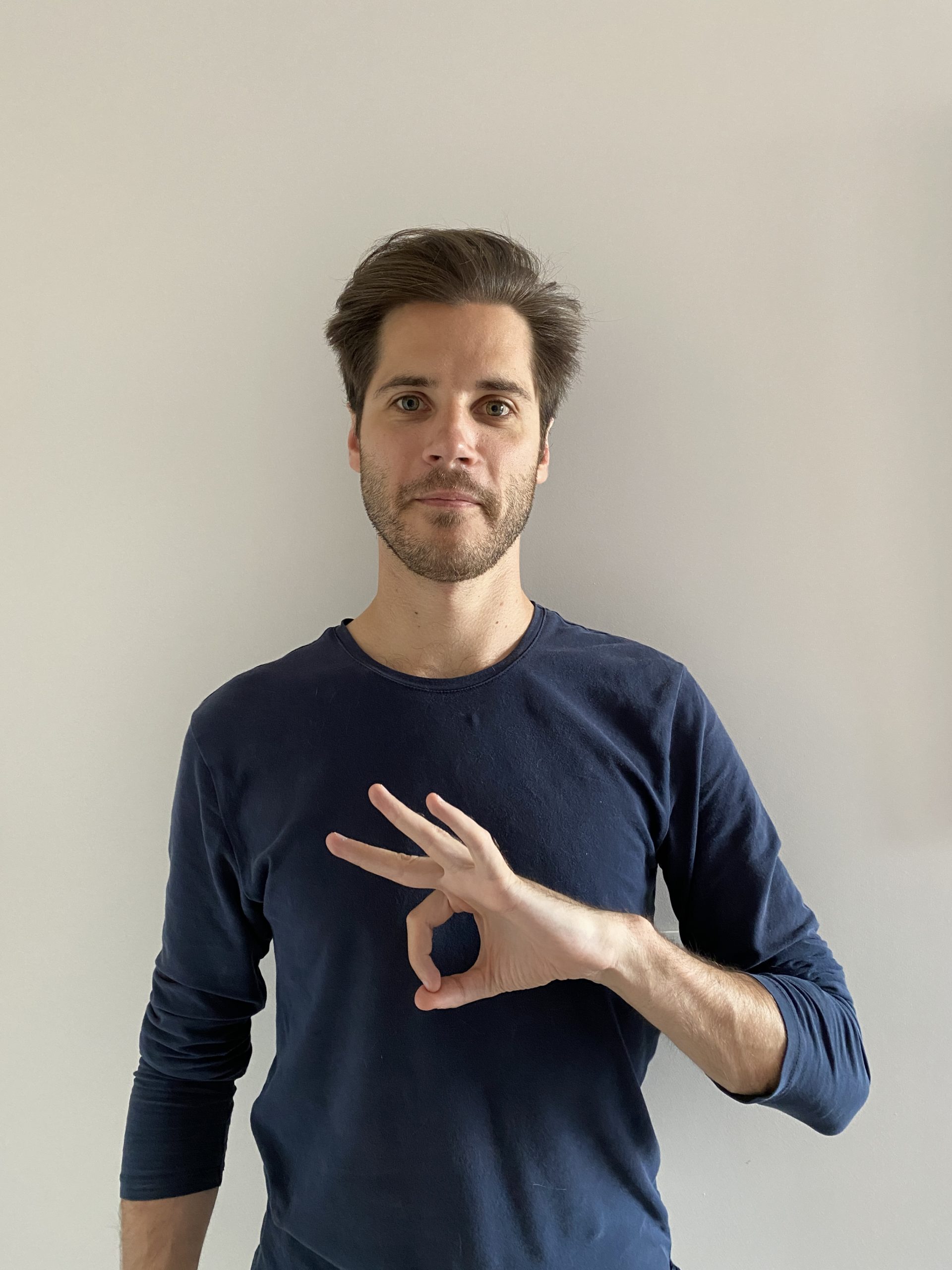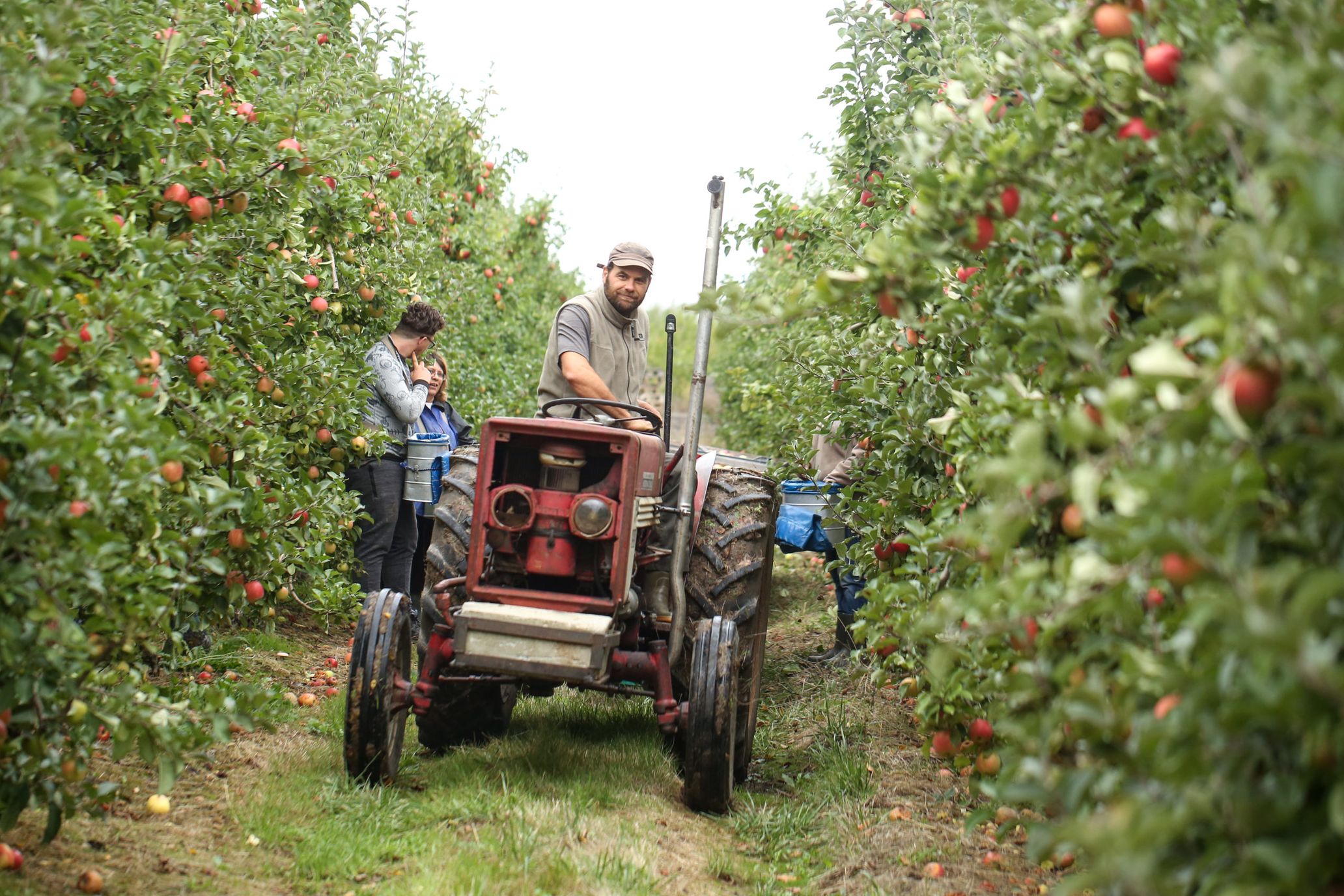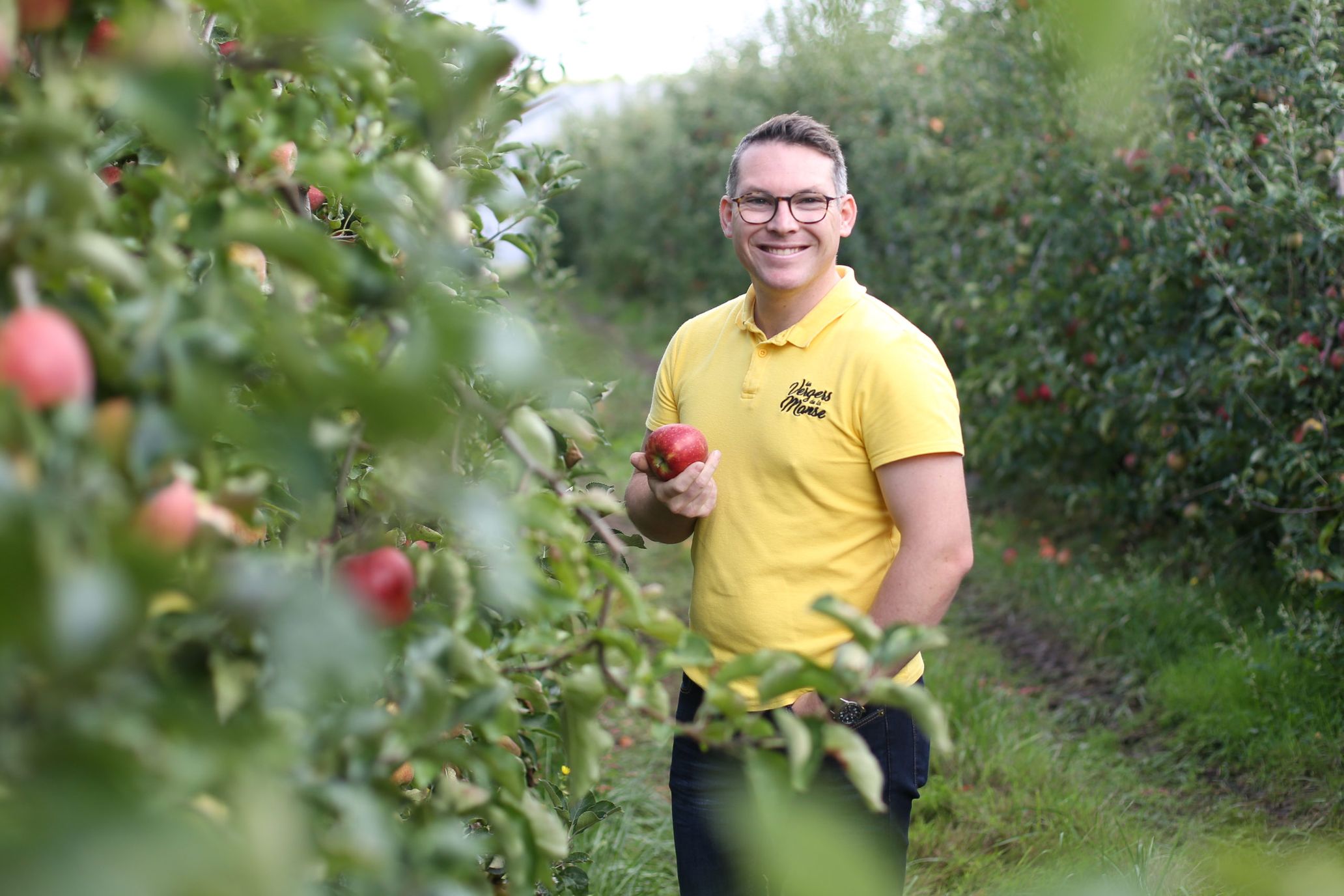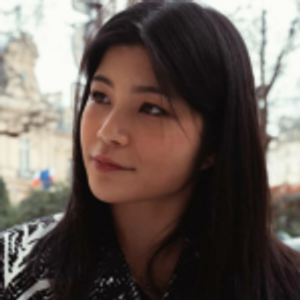In France, an increasing number of young entrepreneurs are looking for solutions to reduce waste from overproduction. In many countries in Europe, such as Sweden, Denmark, and Germany, have established a recycling-based economic system with excellent environmental measures, France was a little behind. But, under the new laws issued by the government in the last six years, the new generations of entrepreneurs have appeared and are actively working to recycle waste.
The background of France’s rich food culture has always been the problem of food waste. According to the Environment and Energy Management Agency of France, the average amount of the annual food waste (food loss) per person is 29kg (about 51kg in Japan according to the announcement by the Consumer Affairs Agency of Japan). In February 2016, the government enforced the new law to ban large-scale supermarkets with a store area of 400m2 or more from throwing away or destroying unsold food. And they must instead donate it to charities or for animal feed, otherwise violators would be fined.
However, even though the law visualizes the problem, human consciousness and customs are deep-rooted. Meanwhile, new generations of entrepreneurs are becoming more active in order to specifically promote the recycling of waste with new services. The pioneer is Lucie Basch, 28 years old engineer. She launched an app for reducing food loss is called Too Good To Go with the co-founders in 2016 when she was 24 years old, is a service that allows people to buy unsold food from supermarkets and restaurants at any place, at any time, at a low price. The service was originally launched with a university grant, and its corporate philosophy is to “not give up the discarded food as it is, but give it value again, save food and the environment of the earth, and save money.” A transaction fee of 1.09 euros has been used to invest in expanding the service area.
It’s easy to use: users can use the app to pay for food to be discarded at supermarkets and restaurants online, and then receive the food in a bag or a takeaway box. Currently, it is targeted for use in 6 European countries, and up to now there are 8 million dishes that have not been discarded. In addition, NoFilter that sells juice using uneven fruits and vegetables, and Phenix that changes bread just before disposal to sweets such as cookies and sables. These are new companies that tackles the problem were created by entrepreneurs under 30 years old.

https://www.instagram.com/nofilterfrance/




We had a chance to interview with the founder of NoFilter, Marin Mulliez, who said, “After having experienced the COVID-19 pandemic(the global pandemic), the millennials will lead the future changes in consumption consciousness.” After studying business administration at ESCP Europe, he moved to the United States and worked at “Harmless Harvest” in San Francisco, which deals with fair trade coconuts. When he returned to France, he witnessed the reality of serious food waste, then established NoFilter in 2017. In France, as much as 10-15% of crops at farm level are discarded only because they are out of spec visually. NoFilter works with producers to process and sell waste vegetables and fruits into juice. What is the change in consciousness of consumers and producers due to COVID-19? What can we do now to reduce food waste?
——Have you found any differences of your users after the COVID-19 pandemic?
Marin Mulliez: The way people think are just changing. Through
communication with customers and producers, I was aware it has not reached the action level, yet, the change in the consciousness level that preceded it had a great impact. Everyone began to rethink themselves and what has intrinsic value. The surrounding environment and community are inseparable, so they will move to the action level in the future.
——Do you think consumers will change their food consumption behaviors in the future?
Marin: Consciousness should improve depending on consumption and benefits. The benefits are not only what you receive, but also you give a good impact to your community and the planet. For example, in the case of food, the benefits of high nutritional value and good health, plus, fair trade distributes profits fairly to producers and eco-friendly. Consumers will demand further disclosure of production background, and the need will increase for highly transparent companies and products sold by producers. And, this consumer behavior is led by the young generation, the millennials and youngers, who grew up in the midst of a mass-consuming society. They are always aware of what they should do, without disconnecting themselves from the environment. As one of people in the food industry, I feel a strong sense of responsibility in producing the right information and valuable products.


——Under the Covid-19 pandemic, Secretary of Agriculture Didier Guillaume said, “Agriculture’s labor shortage, because of unable to use the foreign labors.” Has the mutual awareness between the country and the producer changed?
Marin: I feel that the sense of solidarity has been strong. One of farmers was about to discard 10 tons of cucumber because of the Covid-19 pandemic. So I’ve decided to buy them and sell “cucumber juice” as a new product out soon. I think it’s the first priority to unite producers in each region in order to minimize food loss and economic loss. After all, the root of business is human connection. The Covid-19 pandemic may have prompted us to think about what humanity is, and may be a new starting point for improving the entire food industry.
— What is your final goal in the Post-COVID era?
Marin: Always improving is my goal. Instead, I should always aim to improve in accordance with the times. The concrete goal now is to expand the NoFilter platform to the world. “Food” is a universal field, so it’s limitless. We will seriously tackle the problem of food waste by connecting with agricultural producers in each region and expanding legitimate food consumption and recycling-oriented economy. For that purpose, as mentioned above, human connection is necessary. By becoming a highly transparent and reliable company, NoFilter is willing to raise consumer awareness to the action level. I hope to launch NoFilter in Japan in the near future.
——What is the first step Japanese consumers should do if food loss improvement services such as NoFilter have not worked?
Marin: First, collect a lot of information and think for yourself. And share it as a message. Sometimes you may face a tragic situation that makes you want to turn your face away, but you should face the reality. You will have to think carefully and choose the right choice based on the correct information, and then take action.


Waste initiatives are paving the way for the future of the French venture industry. The measures began with the prohibition of the use of plastic shopping bags in 2016, the prohibition of the use of disposable plastics, the unsold sales of clothes, and the disposal of non-food and drinks has been completely banned by 2023. In addition, the Covid-19 pandemic has changed the consciousness of French young consumers. According to a survey conducted by the French research firm Opinion Way at the age of 18 to 30 in the locked-down city of Paris, 56% of the respondents think “maintaining environmental improvement goals” as the top priority issue for the government. This highlighted the reality that young people place the highest priority on environmental issues, excluding answers such as “wage increases for caregivers” (55%) and “returning overseas manufacturing to France” (53%). Furthermore, 49% of the priorities that the government should tackle in the future are also “environment”. It shows us the awareness of the next generation of young people about the environment and anti-wasting is directly linked to the construction of an ethical and recycling-based economic system. Awareness of environmental issues and sustainability is not just a one-sided story, but ironically it is spreading throughout France as a change in youth consciousness caused by Covid-19.

